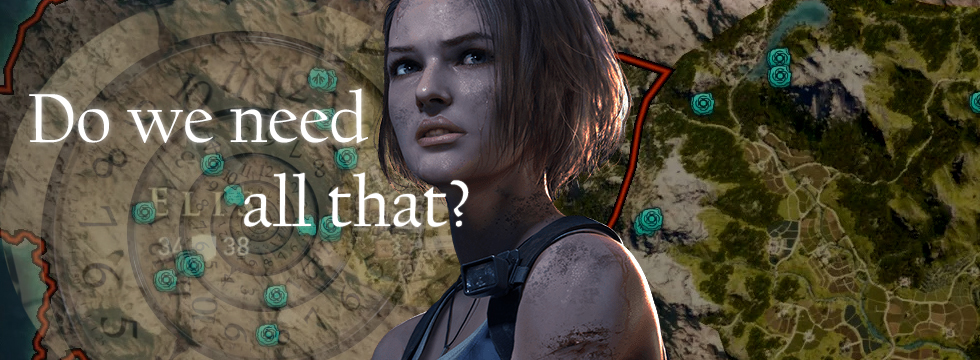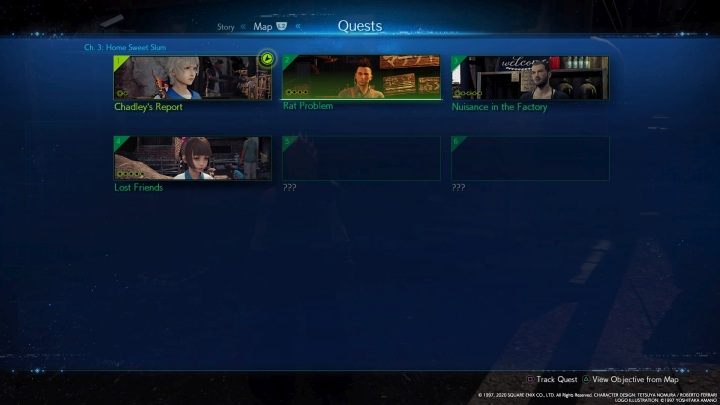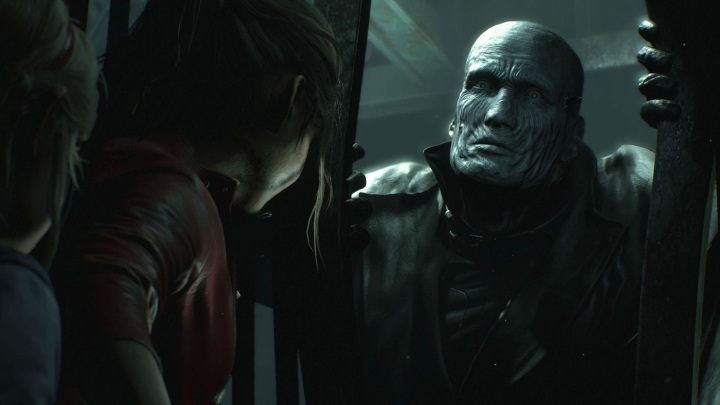We get what we want. And then we don't want it. Are shorter games more fun?

- Short and Sweet, or Long and...? Criticism of Lengthy Games
- We get what we want. And then we don't want it
We get what we want. And then we don't want it
Perhaps no other form of entertainment requires as much compromise during creation as video games. It's a costly business, so the amount of unique content the authors can pack into their game is limited. Resident Evil 3 was an intense experience for a few hours – no fillers, no bullshit, just high-quality entertainment. Of course, with some clever design, the game could easily be twice as long without taking much more effort, but that wouldn't make it twice as good. The amount of Resident would be the same – just spread thinner. A hallow shell that has you chasing rats in the sewers.
We want long games full of activities, but the price we pay is overall quality. The answer to our calls is not only Final Fantasy VII Remake. It's all those open-world games, full of stenciled side activities and heaps of pointless collectables. It's the tedious grind of progression systems in MMOs (and, increasingly often, in single-player games as well).

Of course, all these implied games are considered good, but it is despite the fillers, not because of them. Don't be deceived by the few exceptions such as the hilarious side missions in the Yakuza series or the surprisingly thoughtful collectibles of Control – the truth is, most games would be better off without all that garbage. They'd be shorter sure enough, but also more intense, condensed.
Games are quite expensive on release. The instinct to check if the game provides more than one or two nights' worth of fun is understandable when we're spending 60 bucks or more on a game. So the ultimate question is: is few hours of sensational fun worth less than dozens of hours of a mostly-mediocre-sometimes-really-good game? We value our money and don't want to spend it on short games – but why don't we respect our time and prefer to spend it on lower-quality entertainment? There's certainly no shortage of games to play, and the piles of shame are as tall as ever.
When it comes to the price, we often overlook the fairly obvious matter, namely that we don't have to buy games right away on the day of release. If you think a game is overpriced at release, you might as well wait for a few months to play it – it only should get better with updates in the meantime.

A great single-player campaign is not a game-service, it won't run away like a time-limited event in an online game. Resident Evil 2 Remake got an additional mini-campaign sometime after the premiere, and today, we can easily snatch a copy for 30 bucks or less.
Less is better
For a long time now I've been tired of the artificial fillers becoming ever more omnipresent in games, and when I hear a game provides dozens of hours of fun, rather than excitement, I feel nausea. I value short games that make the most of every moment much more than diluted sandboxes. Two hours with What Remains of Edith Finch is worth more to me than an entire night spent in Dragon Ball Z: Kakarot or Assassin's Creed: Syndicate.

Another big issue is the way we consume video games inside the frantic torrent of constant releases and premieres. It's completely hectic! We treat each game as a one-time adventure that you tick off the list as quickly as possible, yet still, in the time we do that, comes five, ten, or even more new titles worth checking out. This doesn't seem to be a problem at all for the games inflated with stuff to collect and find. No, the victims of this approach are games designed for replayability, which are barely scratched in the first playthrough, without really discovering what they actually offer.
Enter Resident – again. Completing the game once requires 4-5 hours. The thing is, this game is designed for numerous playthroughs. Higher difficulty levels, rank fights, and the collectibles, which I already though redundant, make the game effectively longer. Is the same experience as in the first try? Is it less fun? It seems to bother us – and then we go back to our sandboxes, check mark after check mark, over and again.
And that's why I feel sorry that we're forcing developers to follow in that direction. By boycotting the uncompromising action of Resident Evil 3, we are giving Capcom a clear signal: Pull the wool over our eyes! Make it emptier, but longer! And that's what we'll get. In the next part of ResEvil, I suspect we'll be chasing rats in the sewers, liberate a few districts in the open world, and then grind a little in the character-development endgame. 30, 40, 70 hours of that! Is that all we care about?

